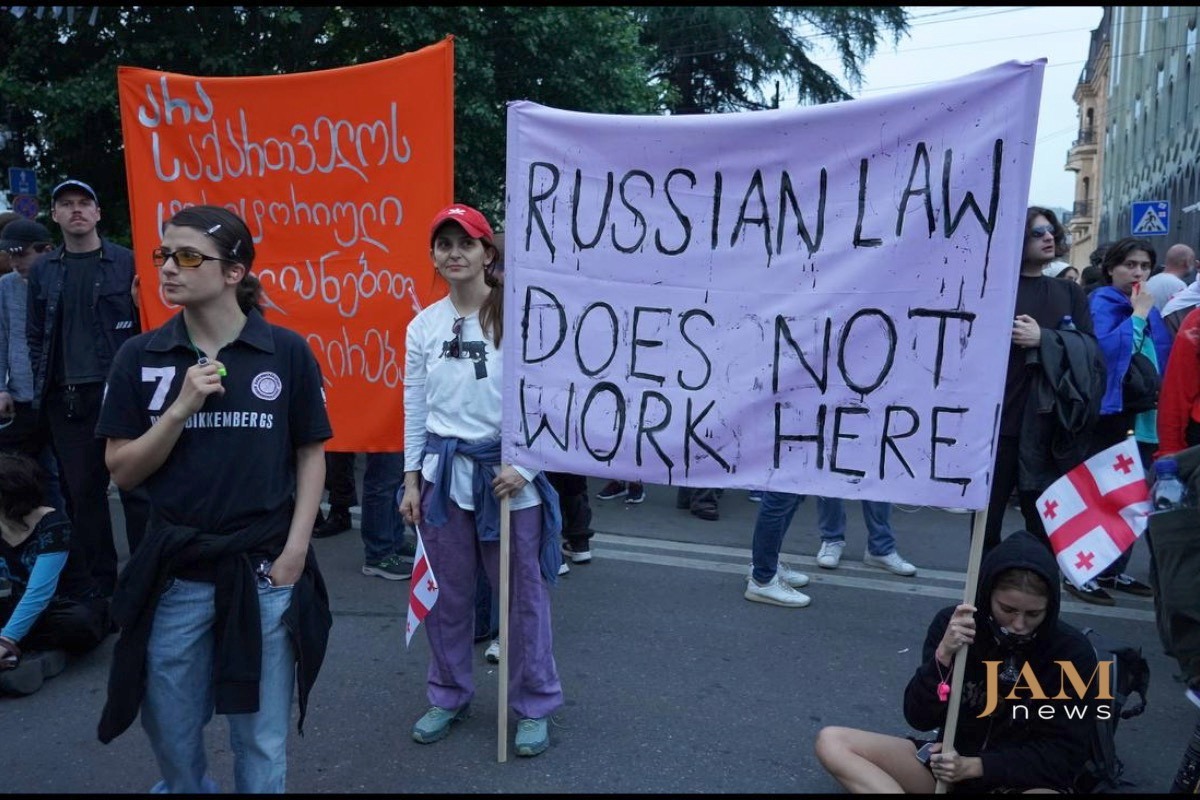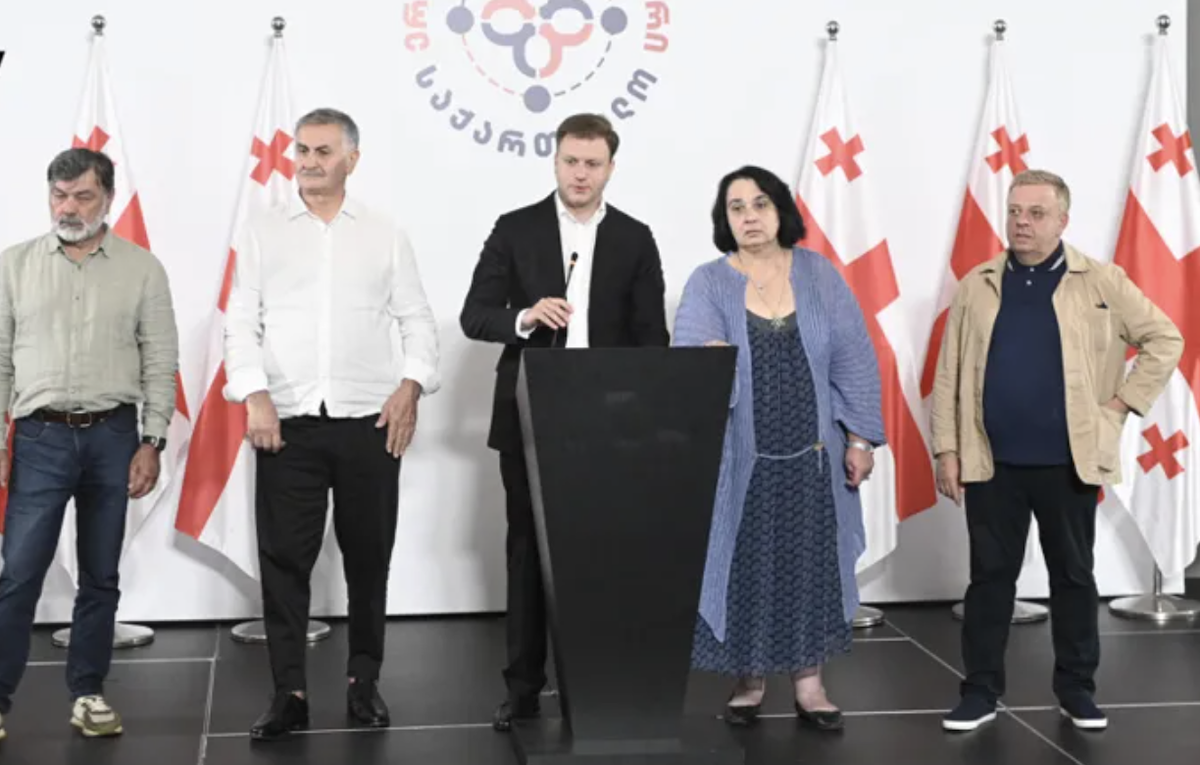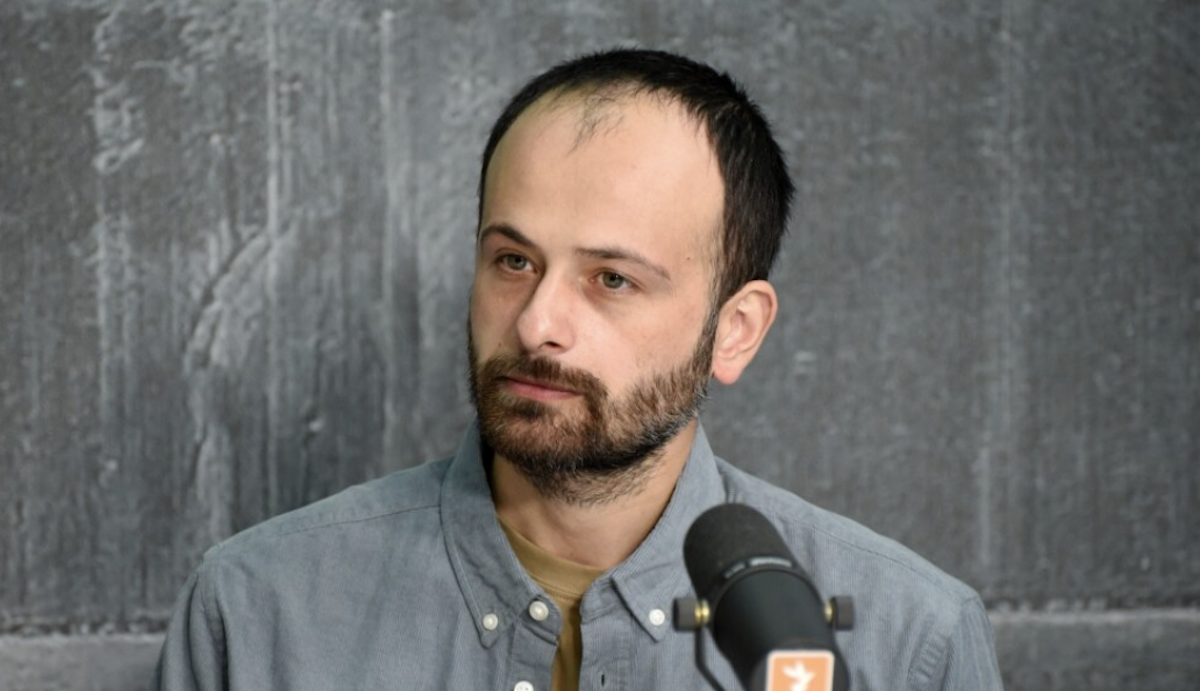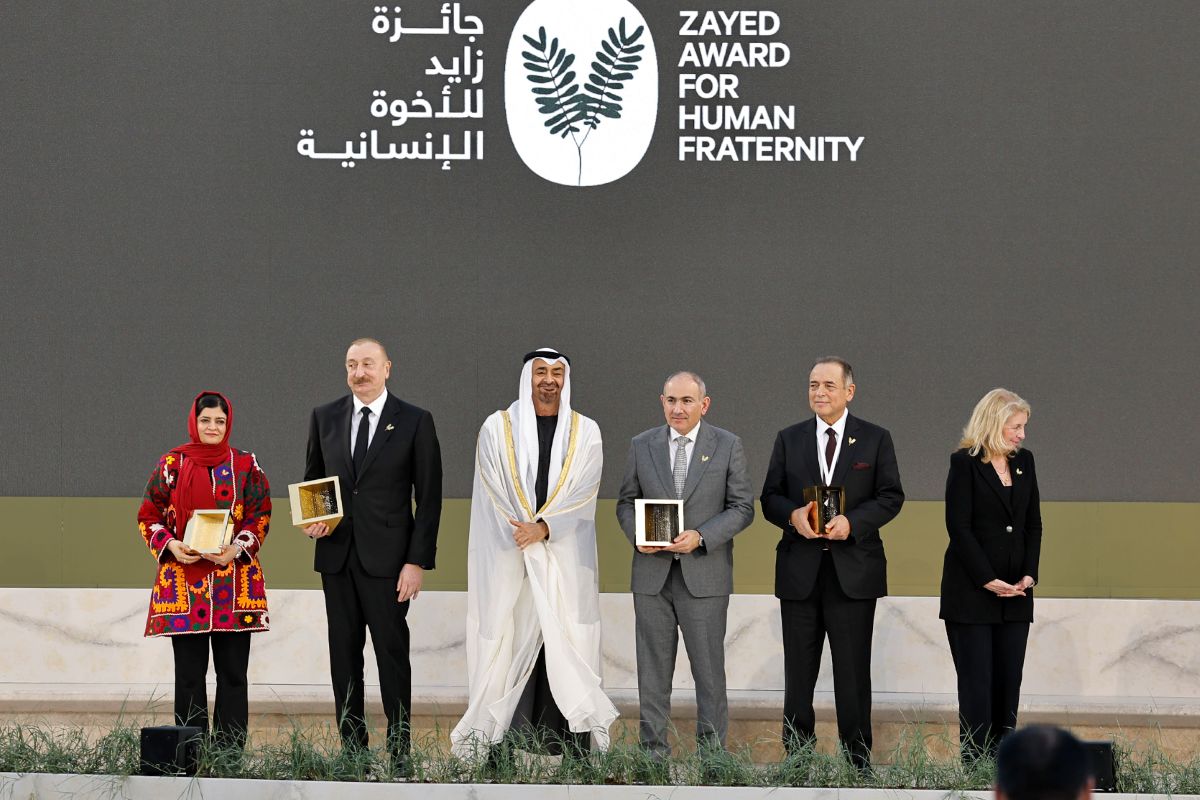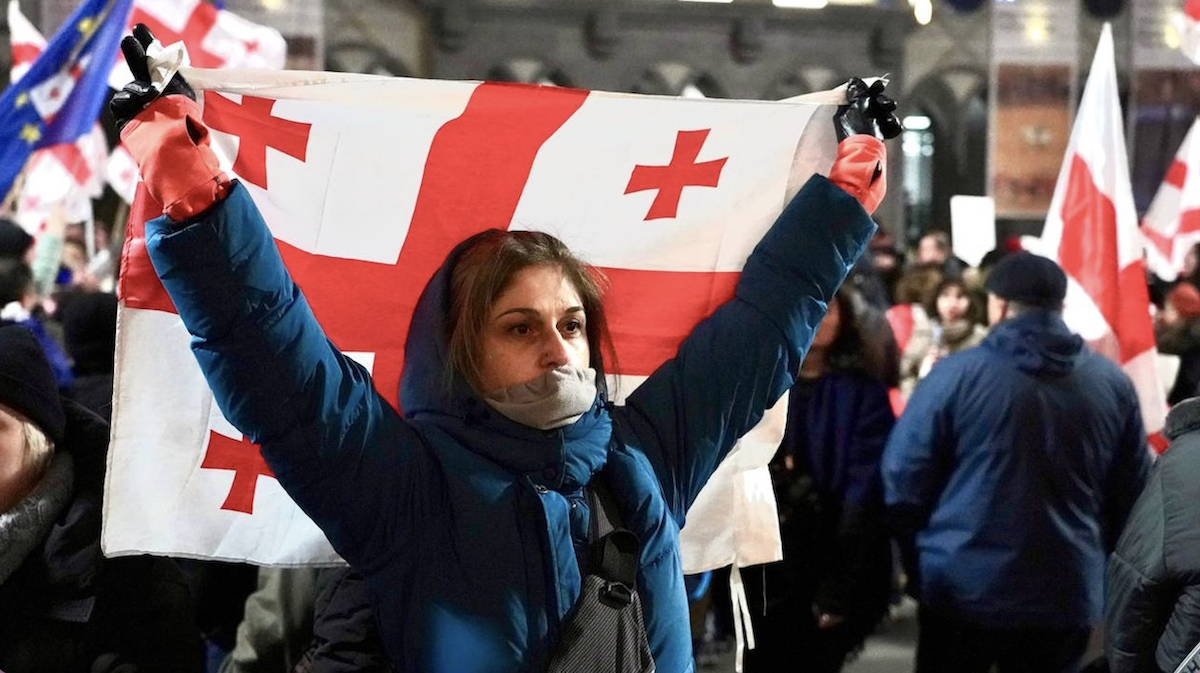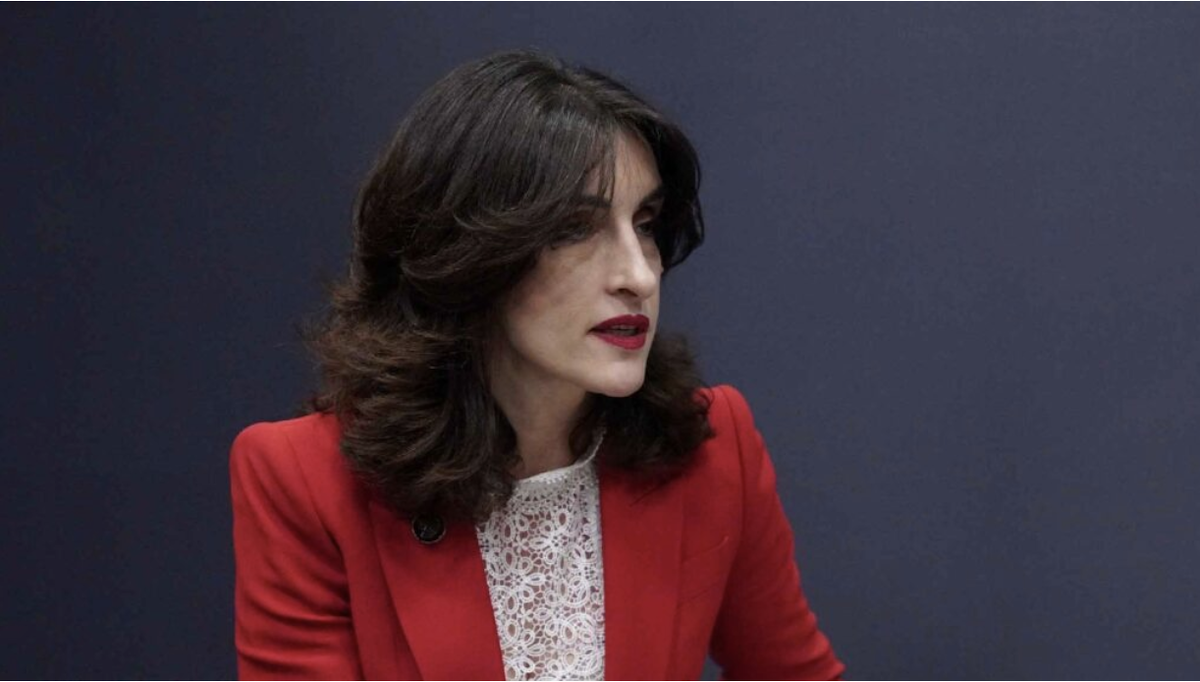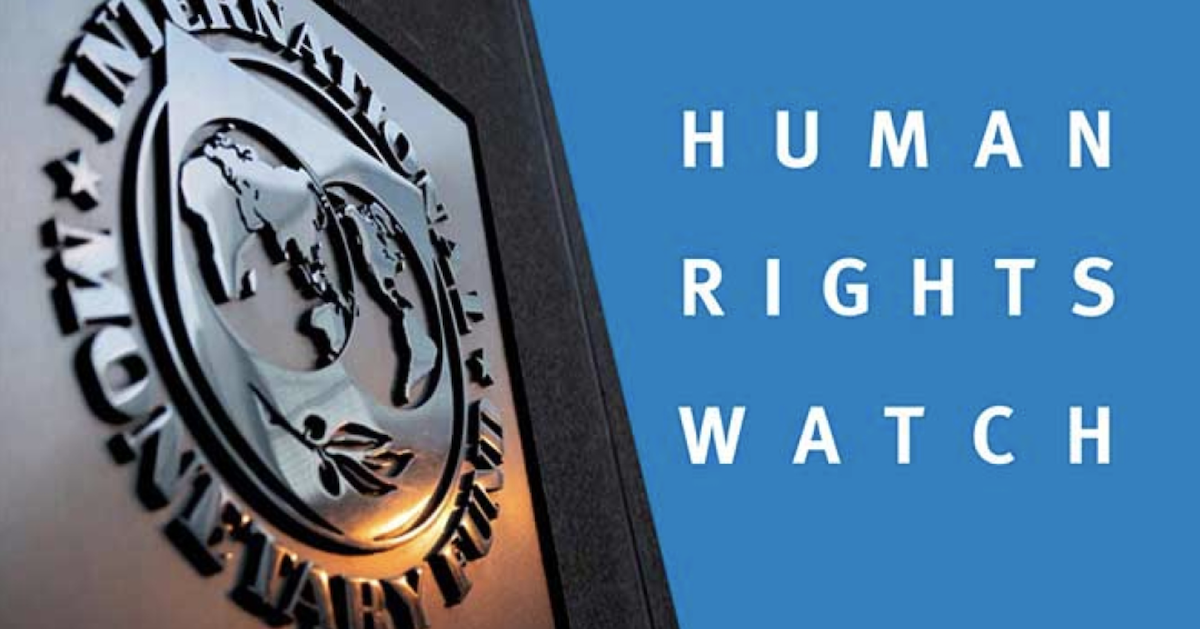"Organizations funded by 'Georgian Dream' will become a pseudo-civil society." Opinion
On “Georgian Dream” funding NGOs
Political analyst Gia Nodia comments on the Georgian government’s initiative to create a state grants program for non-governmental organizations that “represent the interests of the Georgian people” and are registered in a special registry, as required by the law “On the Transparency of Foreign Influence.”
According to Nodia, NGOs funded by the ruling “Georgian Dream” party will essentially become GONGOs (Government-Organized Non-Governmental Organizations) — nominally independent but working in the interests of the state. In his view, this will result in a pseudo-civil society.
Gia Nodia:
“There is no inherent contradiction in the idea of the state funding non-governmental organizations.
We can’t use the same logic to criticize this ‘Georgian Dream’ initiative that ‘Georgian Dream’ itself uses when passing the ‘foreign agent’ law. For example, if I receive a grant from the U.S. or European government budget, it doesn’t necessarily mean that I am expressing the political interests of that country.
What matters is the terms under which I receive the money and what’s outlined in the contract. It’s also important to understand the donor’s motives in providing this grant.
Obviously, such funding implies a general alignment of values. For instance, both the donor and the grant recipient should agree that democracy is good, human rights are good, etc. But that doesn’t mean the recipient is advancing someone’s political interests.
In theory, if this principle works for the U.S. or German government, it could work for the Georgian government as well.
But in practice, this is impossible.
Governments like those in Russia or Georgia, which pass ‘foreign agent’ laws in the form they have, operate on the assumption that if I’m getting money from a foreign country’s budget, I must be fulfilling an assignment for that country. In their view, there is no other way.
And since they see it this way, they will expect Georgian NGOs receiving funding from them to be loyal and to carry out tasks set by the government.
In other words, NGOs funded by ‘Georgian Dream’ will become GONGOs (Government-Organized Non-Governmental Organizations). This will result in a pseudo-civil society.
The idea of using state budget money for work unrelated to defending the political interests of the ruling power is only possible in places where there is a pluralistic democratic culture, where people understand the difference between the state and the ruling government.
In countries with our political culture, however, funding NGOs from the state budget is dangerous because the government will always expect political loyalty in return.
This is especially true for ‘Georgian Dream,’ which fundamentally cannot imagine a scenario in which a recipient of state funding could remain politically independent.”
What’s important to know about Georgia’s ‘foreign agents’ law?
- The “Law on Transparency of Foreign Influence”, initiated by the ruling Georgian Dream party, was passed by Parliament on May 28, 2024. The legislation establishes a special registry for “foreign agent organizations,” defined as entities where more than 20 percent of funding comes from foreign grants. In a small and relatively poor country like Georgia, this effectively includes nearly all non-governmental organizations.
- The Parliament adopted this law despite massive protests, persistent calls from Georgia’s Western partners, and the opinion of the Venice Commission of the Council of Europe.
- After the passage of the law, the US announced the first package of sanctions against the “Georgian Dream” government. Secretary of State Antony Blinken warned of a “comprehensive review of US-Georgia cooperation.”
- The European Union also took retaliatory measures. In early July, the EU halted €30 million in aid to Georgia and warned of additional measures to come. Senior EU officials have repeatedly indicated that this law distances Georgia from the EU.
- On July 11, the U.S. House Committee on Foreign Affairs passed the Megobari Act, which imposes sanctions on those involved in passing the “foreign agents” law.
The Georgian government’s main argument is that similar laws exist in the U.S. and several European countries, including France. According to Georgian Dream, every country has the right to protect itself from foreign influence and demand transparency from its organizations.
However, this comparison is inaccurate because:
The American law FARA (Foreign Agents Registration Act), to which Georgian Dream refers, was enacted in the U.S. in 1938, before World War II, and aimed to protect the American public from Nazi propaganda. Neither then nor now did FARA apply to America’s allies and friendly countries.
In France, the law on “Foreign State Influence” includes a specific list of countries to which the law applies. This list comprises countries whose influence France considers a threat, including Russia, China, Turkey, and Iran. The French version also specifically states that this law does not apply to EU countries. The Georgian version lacks such provisions. Consequently, this law directly impacts organizations funded by the U.S. and the EU—friendly and partner countries that support democratic processes and numerous vital projects in Georgia, ranging from healthcare and infrastructure to strengthening civil society.
Furthermore, FARA stipulates that the law does not apply to media or NGOs, only to lobbying organizations. The Georgian version does not have this clarification.
Overall, the Georgian law is similar to the Russian law, which primarily affected media and the NGO sector. As a result, all non-governmental and media organizations not controlled by the Kremlin have been shut down in Russia. Hence, the Georgian law has been dubbed the “Russian law.”
It’s also important that this law contradicts EU legislation. When a similar law was adopted in Hungary, it was annulled by the European Court of Human Rights because it was directly aimed at silencing the media and oppressing NGOs.











